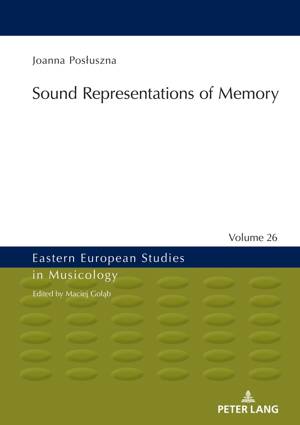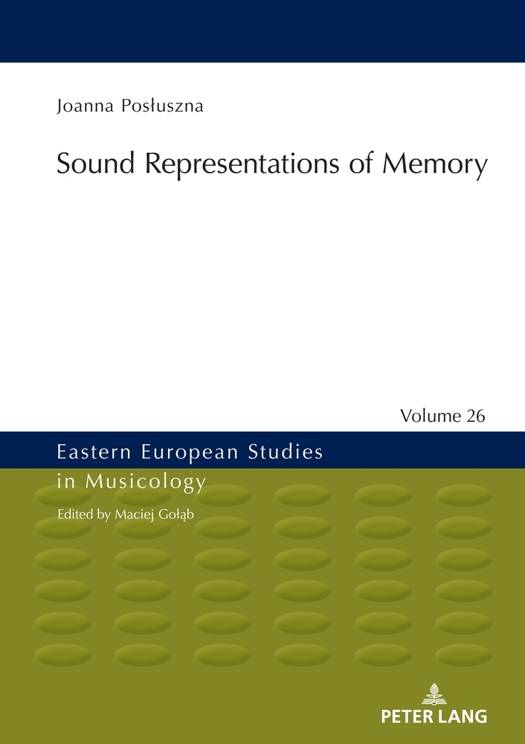
- Afhalen na 1 uur in een winkel met voorraad
- Gratis thuislevering in België vanaf € 30
- Ruim aanbod met 7 miljoen producten
- Afhalen na 1 uur in een winkel met voorraad
- Gratis thuislevering in België vanaf € 30
- Ruim aanbod met 7 miljoen producten
Zoeken
Omschrijving
The author outlines how memory is treated by contemporary artists, philosophers,
musicians, sociologists, musicologists, as well as victims of the Holocaust...
She paints a rich landscape of how her subject features in the work of
composers and their collaborators, many of whom were motivated by memories
of the Occupation.
With such a subject, the discussion inevitably comes round to the uneasy relationship
between aesthetics and ethics. The author quotes Adorno: "Is poetry
possible after Auschwitz?". The work is an answer to that question, and an affirmative
one. It must be possible: to restore hope, and to invoke and sustain
Memory, at least symbolically - by artistic means. Art, even when it disturbs,
brings catharsis and preserves memory.
The author impresses with her erudition, wealth of materials cited, musical
competence and critical insights.
Krzysztof Szwajgier, The Krzysztof Penderecki Academy of Music, Cracow,
Poland.
musicians, sociologists, musicologists, as well as victims of the Holocaust...
She paints a rich landscape of how her subject features in the work of
composers and their collaborators, many of whom were motivated by memories
of the Occupation.
With such a subject, the discussion inevitably comes round to the uneasy relationship
between aesthetics and ethics. The author quotes Adorno: "Is poetry
possible after Auschwitz?". The work is an answer to that question, and an affirmative
one. It must be possible: to restore hope, and to invoke and sustain
Memory, at least symbolically - by artistic means. Art, even when it disturbs,
brings catharsis and preserves memory.
The author impresses with her erudition, wealth of materials cited, musical
competence and critical insights.
Krzysztof Szwajgier, The Krzysztof Penderecki Academy of Music, Cracow,
Poland.
Specificaties
Betrokkenen
- Auteur(s):
- Vertaler(s):
- Uitgeverij:
Inhoud
- Aantal bladzijden:
- 174
- Taal:
- Engels
- Reeks:
- Reeksnummer:
- nr. 26
Eigenschappen
- Productcode (EAN):
- 9783631909577
- Verschijningsdatum:
- 30/10/2024
- Uitvoering:
- Hardcover
- Formaat:
- Ongenaaid / garenloos gebonden
- Afmetingen:
- 148 mm x 210 mm
- Gewicht:
- 362 g

Alleen bij Standaard Boekhandel
+ 94 punten op je klantenkaart van Standaard Boekhandel
Beoordelingen
We publiceren alleen reviews die voldoen aan de voorwaarden voor reviews. Bekijk onze voorwaarden voor reviews.











